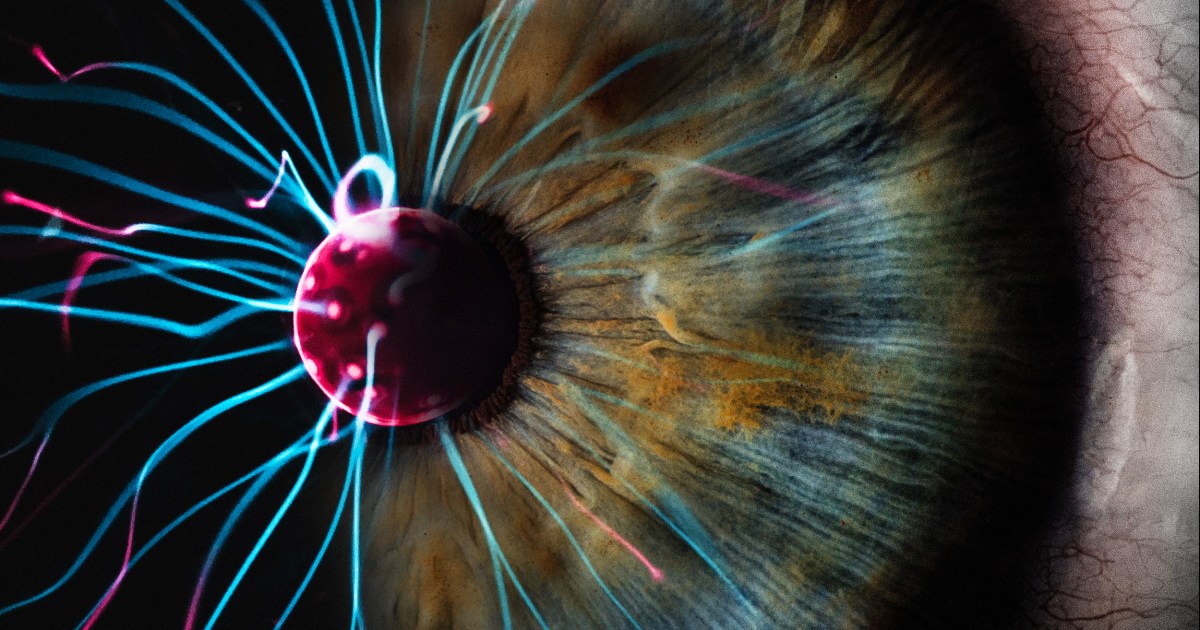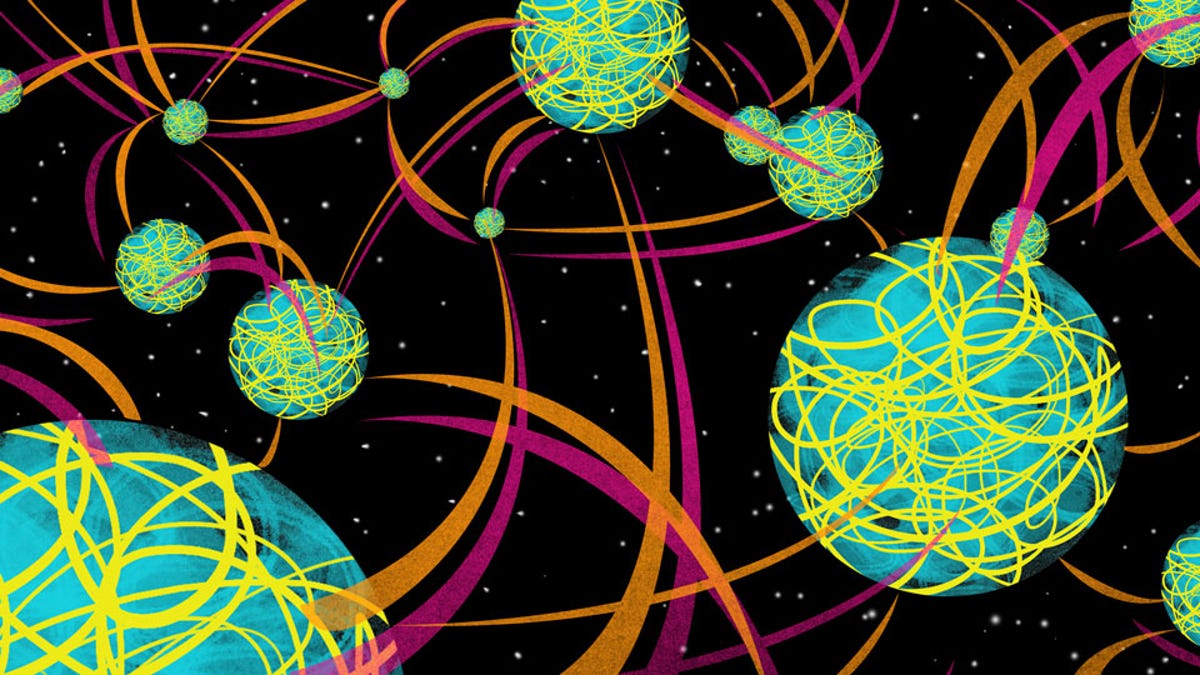Counterargument: If we do not have the power to make decisions, then Sartre’s argument fails, this is where determinism comes in. There are many types of determinism such as genetic determinism, or environmental determinism, however they do not rule out the power to make decisions completely, nonetheless, the strongest form of determinism is physical or Laplacian determinism (Peter, G. H. C. 2010). If the differential equations that govern the movement of microscopic particles have a single solution, “This means that if we know the positions and velocities of all particles at a certain instant, and all the forces that are present, we can uniquely determine the future (as well as past) states of the system.” (Marij van S. 2014). The demonstration of this mathematical fact came in the 1820’s by Cauchy, thus, there are no actual decisions since the physical laws already predict an outcome of the decisions, thus, our decisions are only an illusion.
Defensive argument: There are two flaws that undermine Laplacian determinism from the physical context; differential equations only have a single answer if they are “Lipschitz continuous”, the issue is that not all motion formulas satisfy this property (Marij van S. 2014). With the advent of quantum physics and its randomness, Quantum libertarianism was created on the basis that microscopic events are fundamentally random, to be precise, Heisenberg’s Uncertainty Principle states that “there is a fundamental limit to the precision with which certain pairs of physical quantities can be measured.” (Peter, G. H. C. 2010).




